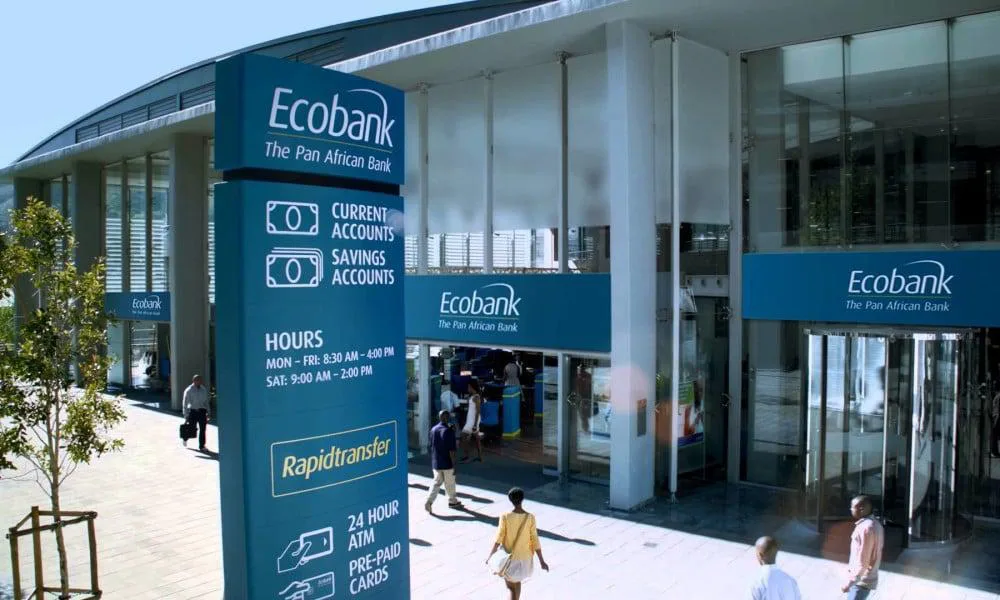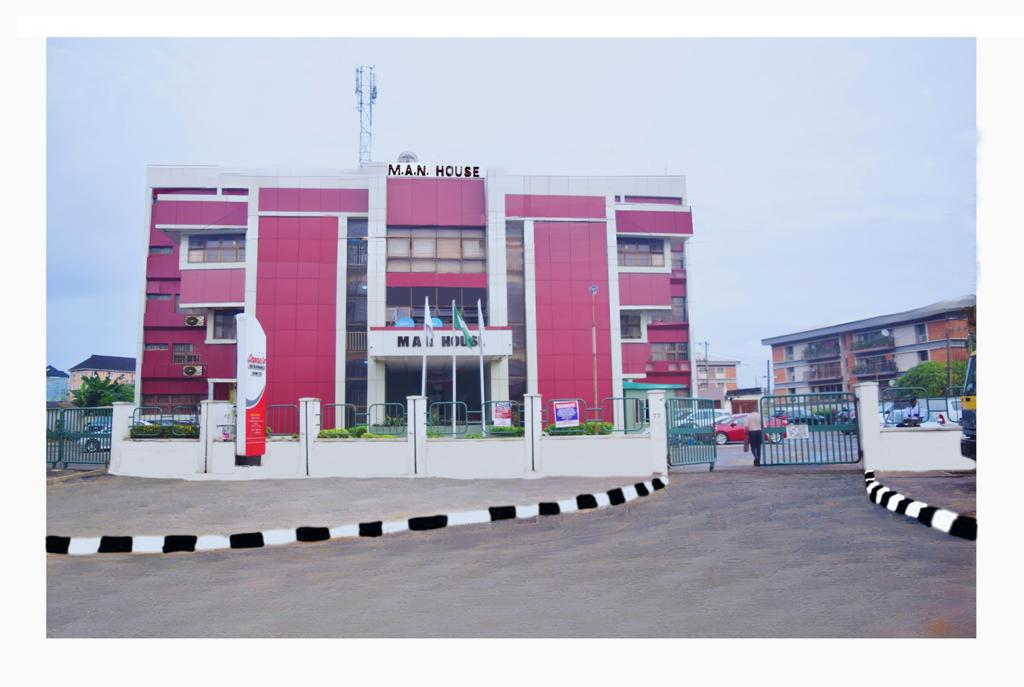Ecobank Group Plc has announced its audited financial results for the 2024 fiscal year, reporting a 16 per cent increase in profit after tax (PAT) attributable to shareholders, reaching $333 million.
This growth was driven by strong fee and commission income, operational efficiencies, reduced impairment charges on other financial assets, and a lower effective tax rate.
The Group’s profit before tax (PBT) rose by 13 per cent, totaling $658m. Key contributors to this growth included an expansion in net interest margin (NIM), lower funding costs, higher net fees and commission income, and gains from the ongoing transformation strategy under the GTR framework.
Ecobank’s total net revenues, comprising net interest income (NII) and non-interest revenue (NIR), amounted to $2.1bn in 2024, reflecting a 1 per cent increas.
Growth was attributed to an improved NIM, increased investment in securities, and higher net fees and commission income.
The Group’s net interest income stood at $1.2bn rising by 1 per cent. Interest earned on assets decreased slightly by 1 per cent to $1.9bn, mainly due to lower interest income from corporate banking loans and government treasury bills, as well as adverse exchange rate movements and increased cash reserve ratio (CRR) requirements in Ghana and Nigeria.
Interest expenses on liabilities declined by 3 per cent to $675m, driven by a strategic shift towards lower-cost current account deposits and a reduced reliance on expensive term deposits.
Non-interest revenue (NIR) grew by 2 per cent to $914m. Net fees and commission income increased by $49m, reaching $524m. This was bolstered by a $20m rise in credit-related fees, a $12m increase in cash management fees, and a $13m boost in card payment fees.
As a share of net revenues, net fees and commissions rose to 25.1 per cent, up from 23.0 per cent in the previous year, signaling stronger, recurring income streams.
However, net trading income and foreign exchange gains declined by $5m, primarily due to lower foreign exchange revaluation gains. Other income fell by $26m to $28m, mainly due to a one-time $20m non-cash adjustment recorded in 2023 following the sale of loans by Ecobank Nigeria to the Asset Management Corporation of Nigeria (AMCON).
The Group’s total operating expenses for 2024 stood at $1.1bn, showing a marginal decline of 0.4 per cent. The rise in expenses was attributed to inflationary pressures and higher costs in communication and technology, advertising and promotions, and administrative expenses. These were partially offset by reductions in professional and legal fees, operational losses, fines, and AMCON levies.
Ecobank Group’s cost-to-income ratio, a key efficiency measure, improved to 53.0 per cent in 2024 from 53.9 per cent in 2023, reflecting stronger operational efficiencies.
CEO of Ecobank Group Jeremy Awori stated that 2024 was a pivotal year for the Group’s growth, Transformation, and Returns (GTR) strategy.
“We established solid foundations for our businesses to grow now and in the future. We delivered strong earnings and returns despite a challenging macroeconomic environment characterized by high inflation, currency depreciation across African markets, rising interest rates, and tighter regulatory conditions in key countries such as Ghana, Nigeria, and Zimbabwe.
“Our return on tangible equity (ROTE) reached a record 32.7 per cent, underscoring the strength of our pan-African franchise and disciplined execution. Earnings per share increased by 16 per cent, while tangible book value per share grew by 4 per cent. Excluding the adverse impact of foreign exchange rates, we achieved a record profit before tax of $658m, up 33 per cent year-on-year, while net revenue rose by 18 per cent to $2.1bn.
“Our cost-to-income ratio improved and remained healthy at 53 per cent, reflecting ongoing operational efficiencies. Our balance sheet remains robust. We grew our deposit base by approximately $3.0bn in constant currency, reaching $20.4bn, driven by a strategic shift toward low-cost, stable current and savings accounts, which improved our CASA ratio to 86.4 per cent and reduced funding costs,” he said.





